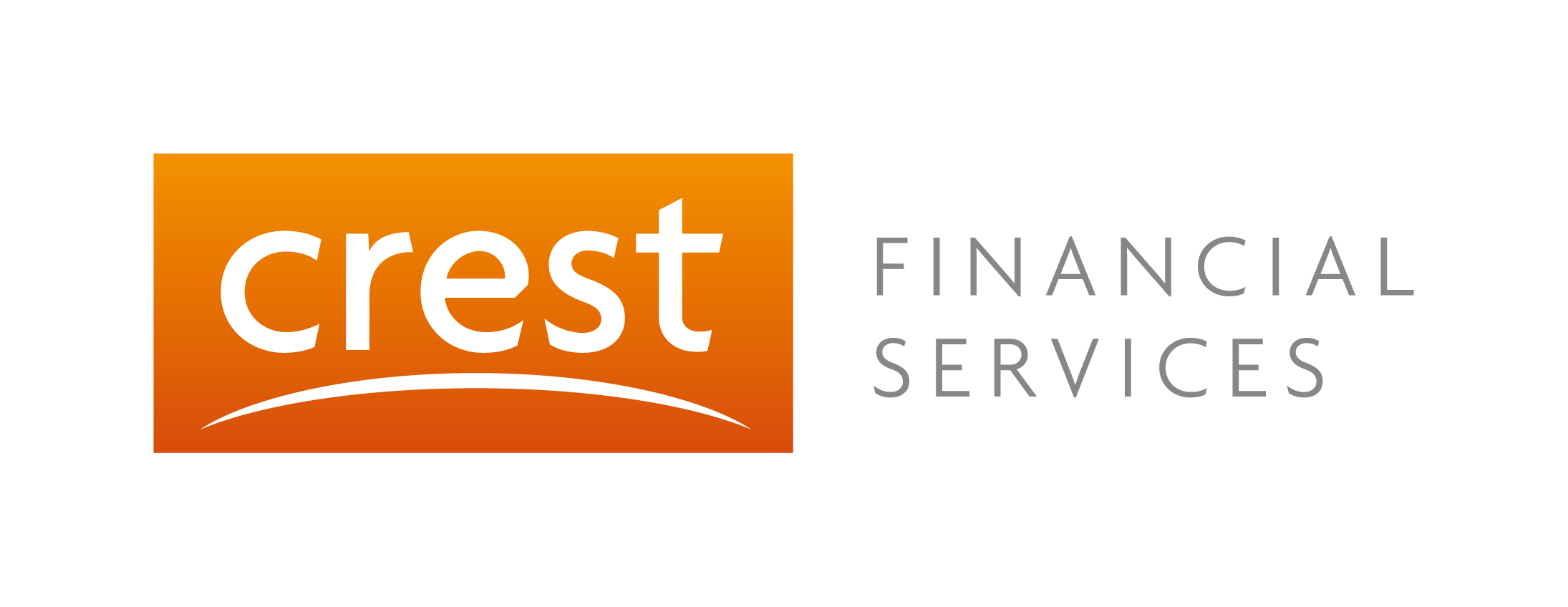To be better equipped in the new financial year, here are five ideas that could benefit your financial plans, specifically your super.
1. Insurance In Super
New laws effective 1st July 2019, could impact insurance held in your super. Now super funds are required to cancel insurance cover held in ‘inactive’ super accounts, unless the member has confirmed they would like to keep it.
Super accounts are deemed ‘inactive’ when no contributions or rollovers have been made within 16 months. To do so, members can make contributions or roll amounts from another super fund into their account.
Members affected by the change who want to retain their insurance, should consider acting before the cover in cancelled.
2. Catch-up Super Contributions
Super fund members who made concessional contributions of less than the annual cap of $25,000 in the 2018/19 financial year, may be able to contribute more than the cap amount in 2019/20 and subsequent years. Making ‘catch-up’ concessional contributions could appeal to people who have broken work patterns, can’t afford to contribute in a particular year or receive a windfall.
Concessional contributions include all employer contributions (super guarantee and salary sacrifice), personal contributions claimed as a tax deduction and certain other amounts.
3. Superannuation Work Test Exemption
Recent retirees with lower super balances have more time to make additional super contributions. From 1 July 2019, people aged 65 to 74 with a total super balance below $300,000 (as of 30 June of prior financial year) no longer need to meet the ‘work test’ in the 12 months after they retire. If eligible, this is a once in a lifetime exemption, however, additional voluntary super contributions can be made without having to meet the work test –defined as gainful employment for at least 40 hours in 30 consecutive days during the financial year.
4. Work Bonus Extension
Recently, significant changes have been made to the ‘Work Bonus’ that could benefit people eligible for the Age or Service Pension and are still working. Since 1 July 2019, the maximum income that can be earned from employment without impacting benefits increased from $250 to $300 per fortnight. This is also now available to people who are self-employed.
5. Deeming Rate Changes
‘Deeming rates’ are used to assess income from certain investments for various security benefits reduced on 1 July. Some may now receive higher payments like the Age Pension, Disability Support Pension or Carer Payment, if their entitlement is determined by the income test. Deeming rates that are lower could help some qualify for other income tested benefits such as the Commonwealth Seniors Health Card.
Need Help?
The Crest Financial Services team can assess whether any of these matters affect your circumstances and make suitable adjustments to your financial plans. If you would like to learn more about Superannuation, click here to get you started.
